Co-housing: Wales' first officer appointed in Powys
- Published
'Co-housing let people have something they couldn't otherwise afford'
You may share a cup of sugar with your neighbours, or take a parcel for them.
But what about cooking with them regularly or sharing your garden?
Co-housing is where private homes cluster around communal facilities such as a kitchen, dining room or garden.
It is popular in Denmark and Sweden, but accounts for less than 0.5% of Welsh homes. But this could soon change as Powys council and the Wales Co-Operative Centre have hired the country's first cohousing officer
Rachael Marshall lives in a co-house in Llanidloes, Powys, called Dol-llys, with her two sons and nine other people.
She said: "I knew it had a huge amount of land which we all share as part of living there, so that was a big draw.
"Everybody who lives here is incredible and we get on so well... I can't imagine living without them now.
"Obviously people come and go but there's a sense of community here you don't always get living on an average street."
Co-houses are owned by cooperative groups, with members buying shares rather than individual properties, which they can then sell if they want to move on.
Treasurer of Dol-llys's co-operative Phil Callaghan said: "We're pretty much close to owner occupation.
"The difference is we are also a management company so we look after the insurance, the maintenance and take decisions on the building.
"In practice we all have our own front door and go about our private business as you would in any other situation.
"But at least once a month we have a meeting and we'll talk about what needs to be done and where we are with the finances."
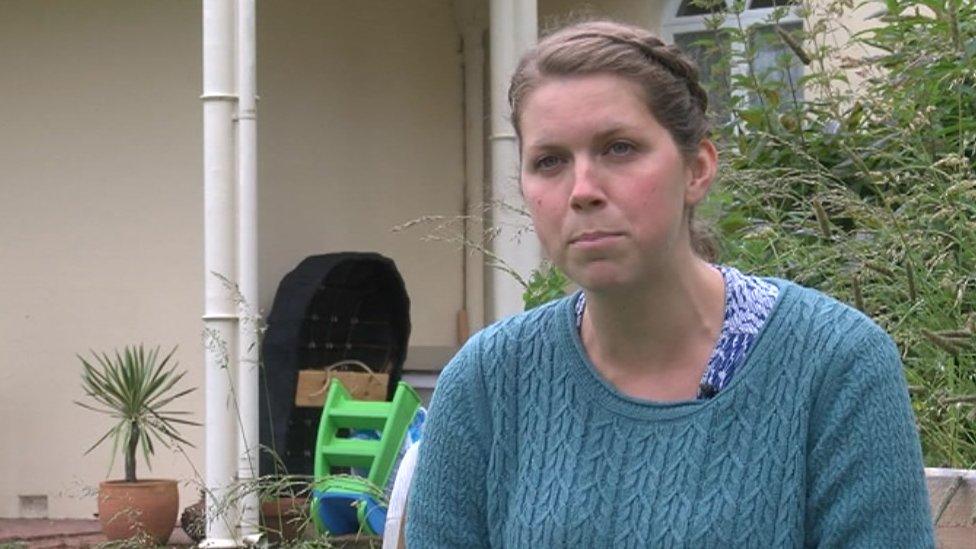
Rachael Marshall lives in a co-house with her two sons and nine other people
While co-housing can offer a practical alternative to private home ownership or social housing, for others it can be about living with like-minded people.
Siobhan Riordan and Francesca Casini set up Silver Cohousing earlier this year, with the intention of building a sustainable community in Powys which will be about 50% women over 50.
"Most of us are single women without family we can rely on, so the best way to secure the kind of housing and care we want in the future was to form a housing co-operative," Ms Riordan said.
"That's the legal structure that enables us to buy land, to buy houses and to realise the vision that we have about how we want to live as a community that is sustainable."
Ms Casini added: "To be in a community with like-hearted people who are similar age and with a similar ethos will be a treasure."
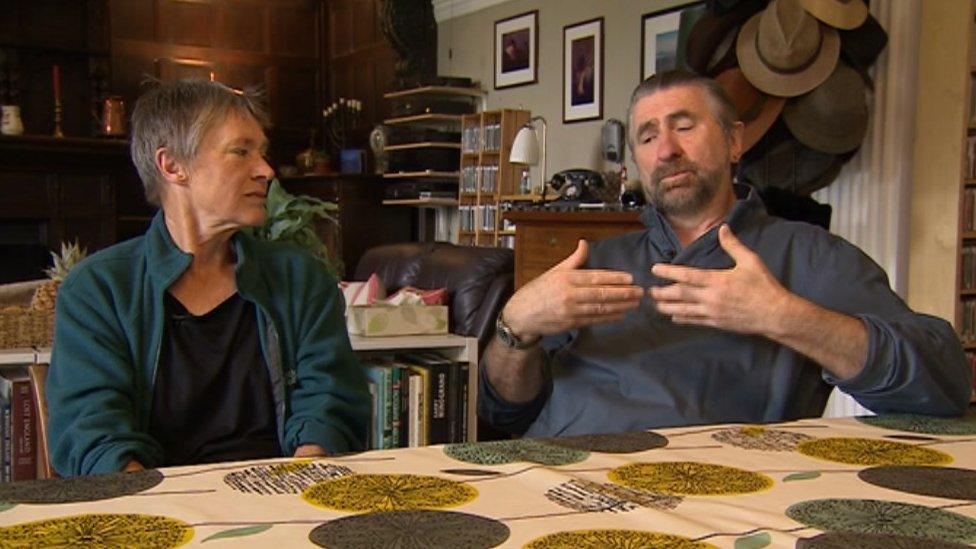
Mal Shears - who moved moved into Dol-llys with his wife Cath Boswell two years ago - said it "doesn't work if you always want your own way"
According to research by the Wales Co-Operative Centre, people who live in community-led housing said they felt happier, less isolated and had learned new skills.
Powys's new cohousing officer Allan Shepherd said: "It's about changing mindsets and thinking how we might live in a different way.
"I live in a co-operative - I used to own my own house but I lived alone and I felt socially isolated.
"I've got a lot of wellbeing from living in a housing co-operative but people don't necessarily understand that these other types of housing are available."
Mal Shears moved into Dol-lys with his wife, Cath Boswell, two years ago.
He said: "You have to be able to negotiate with other people and provided you can do that there there are benefits that come with it."
Ms Boswell added: "The whole is more than the sum of the parts. You have more space and a better quality of surroundings and life than living on your own."
- Published9 July 2020
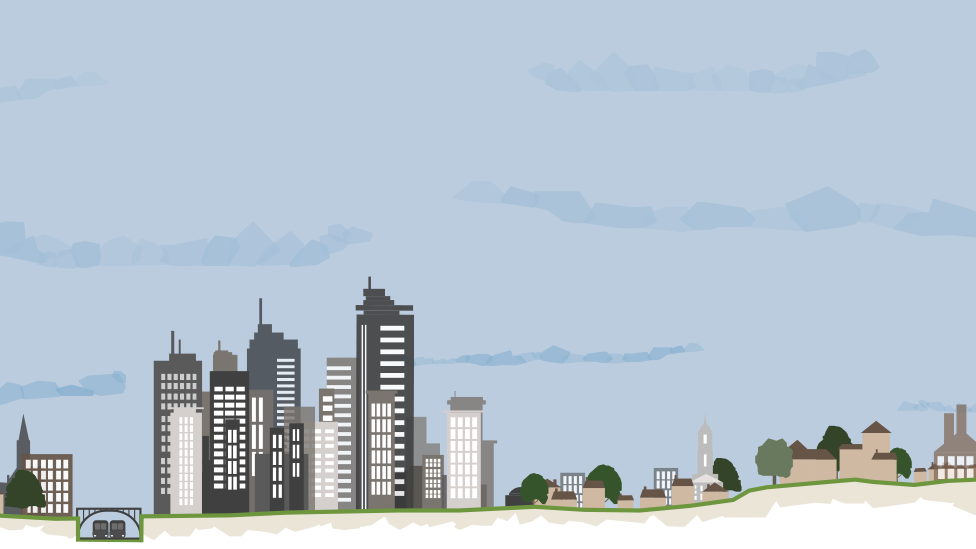
- Published1 June 2019
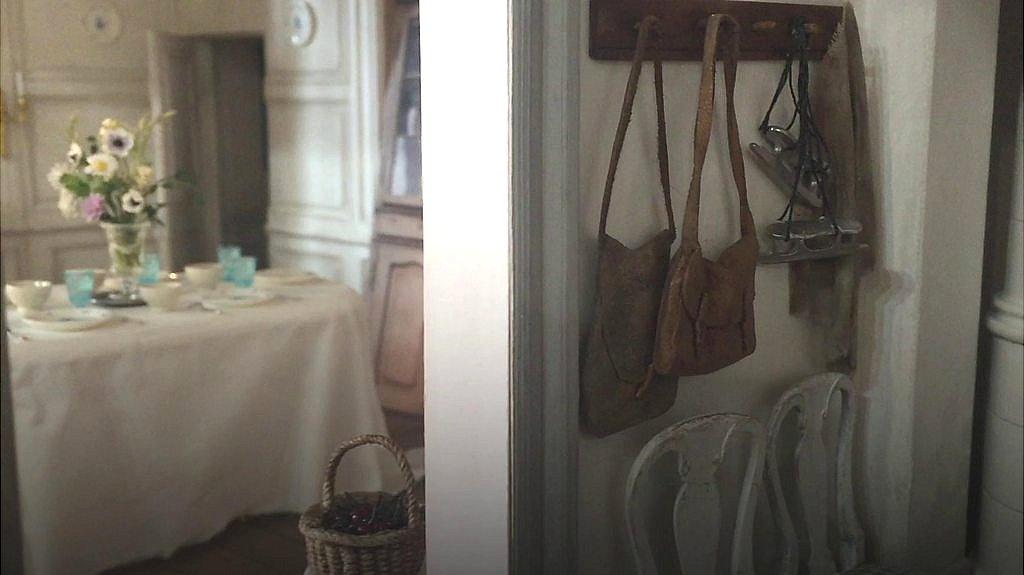
- Published22 May 2019
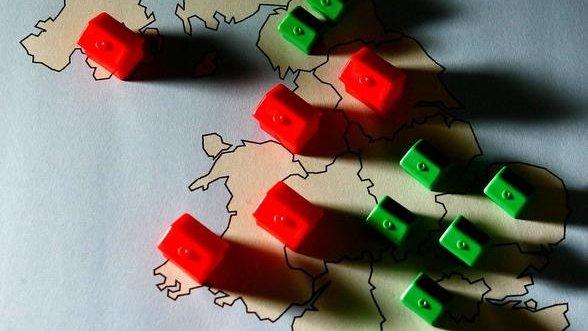
- Published21 October 2016
